Psychogeriatrics: Assessment and Intervention Techniques for Mental Health Care in the Elderly
Introduction
Psychogeriatrics, a specialized branch of medicine, focuses on the mental health of older adults. This multidisciplinary field encompasses the assessment, diagnosis, and treatment of cognitive, emotional, and behavioral disorders that affect this population.
Assessment Techniques
One of the cornerstone assessments in psychogeriatrics is the depression scale designed specifically for later life. This scale is tailored to capture the unique symptoms of depression that may manifest differently in older adults compared to younger individuals. It helps clinicians accurately identify and diagnose depressive disorders, which are prevalent among the elderly.
Intervention Techniques
Family therapy plays a crucial role in the treatment of mental health issues in the elderly. This type of therapy involves the participation of family members in counseling sessions, fostering positive communication, resolving conflicts, and providing emotional support to the affected individual. It recognizes the interconnectedness of family dynamics and their impact on mental well-being.
Additionally, therapy designed specifically for later life addresses the unique challenges and concerns faced by older adults. It focuses on adapting to age-related changes, managing chronic conditions, coping with grief and loss, and finding meaning and purpose in the later stages of life.
Mental Health Care Considerations
Besides specific assessment and intervention techniques, there are various issues that require consideration in the provision of mental health care for the aged. These include:
- Stigma and discrimination: Older adults often face stigma and discrimination related to mental health issues, which can hinder their access to care.
- Polypharmacy: The use of multiple medications is common among the elderly, and it is crucial to monitor for potential drug interactions and adverse effects that may impact mental health.
- Cognitive impairment: Dementia and other forms of cognitive impairment are prevalent in later life, and they require specialized approaches to assessment and treatment.
- Cultural and language barriers: Cultural and language barriers can pose challenges in providing culturally sensitive and effective mental health care to diverse elderly populations.
Conclusion
Psychogeriatrics is a complex and multifaceted field that requires a deep understanding of the unique mental health needs of older adults. By incorporating specialized assessment and intervention techniques, addressing key considerations, and collaborating with other healthcare professionals, we can enhance the mental well-being of this growing population.

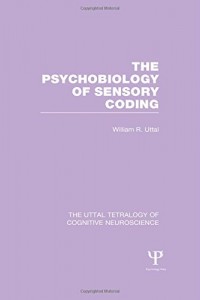


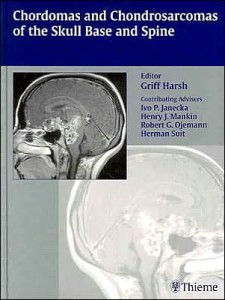

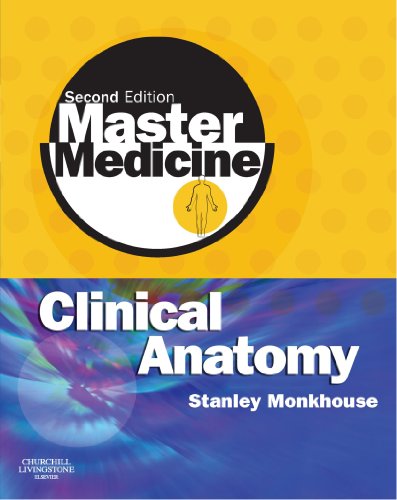

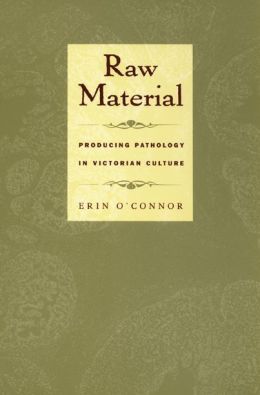
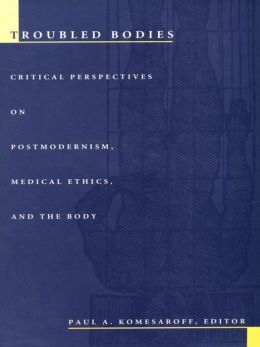
Reviews
Clear filtersThere are no reviews yet.